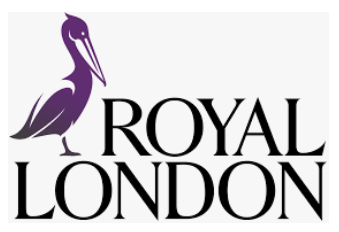Royal London has confirmed it is in “exploratory discussions” about a potential takeover of the mutual LV=.
These talks comes after LV= members voted against a takeover by the US private equity firm Bain in December.
After the vote, Royal London issued a statement saying it believed it could offer an “attractive future” for LV= members as part of a growing and well-capitalised mutual.
LV=, formerly known as Liverpool Victoria, confirmed it was pursing these discussions, as it announced a shake-up of its board.
Seamus Creedon will take over as interim chair of the 179-year old insurer in April. He says he will be working to find a new permanent chair and directors who will be able to develop LV= as “a modern mutual”.
He adds: “Since the vote we’ve been listening to feedback from our members that many value our brand and proud history as a mutual, and are keen to see these continue.
“We share a common interest with Royal London in a healthy and vibrant mutual sector so that we can both compete fairly with shareholder-owned firms. We have had, and continue to have, discussions with Royal London about if and how we can co-operate to the benefit of both sets of members and the mutual sector. In the meantime, we will continue to strengthen our independent business for the benefit of our existing and future policyholders.”
In a statement Royal London adds: “There is no certainty that these discussions will result in a transaction and a further announcement will be made as and when appropriate.”
Creedon will replace the former chair Alan Cook, who indicated his intention to step down following the special general meeting in December, where members rejected the proposed takeover by Bain, which would result in the loss of its mutual status.
Other senior members of the LV= executive team are also stepping down at the end of March, including board member David Barral and non-executive directors Alison Hutchinson and Luke Savage.
Creedon adds: “LV= is owned by over 1m members and it is humbling that over 174,000 voted on the proposal put to them in good faith last year. We felt it right to take time to understand the message members gave the board. Put simply, our members told us that what they viewed as the modest financial advantages of the transaction, were not worth the loss of ownership and voting rights for our million-plus members.”





